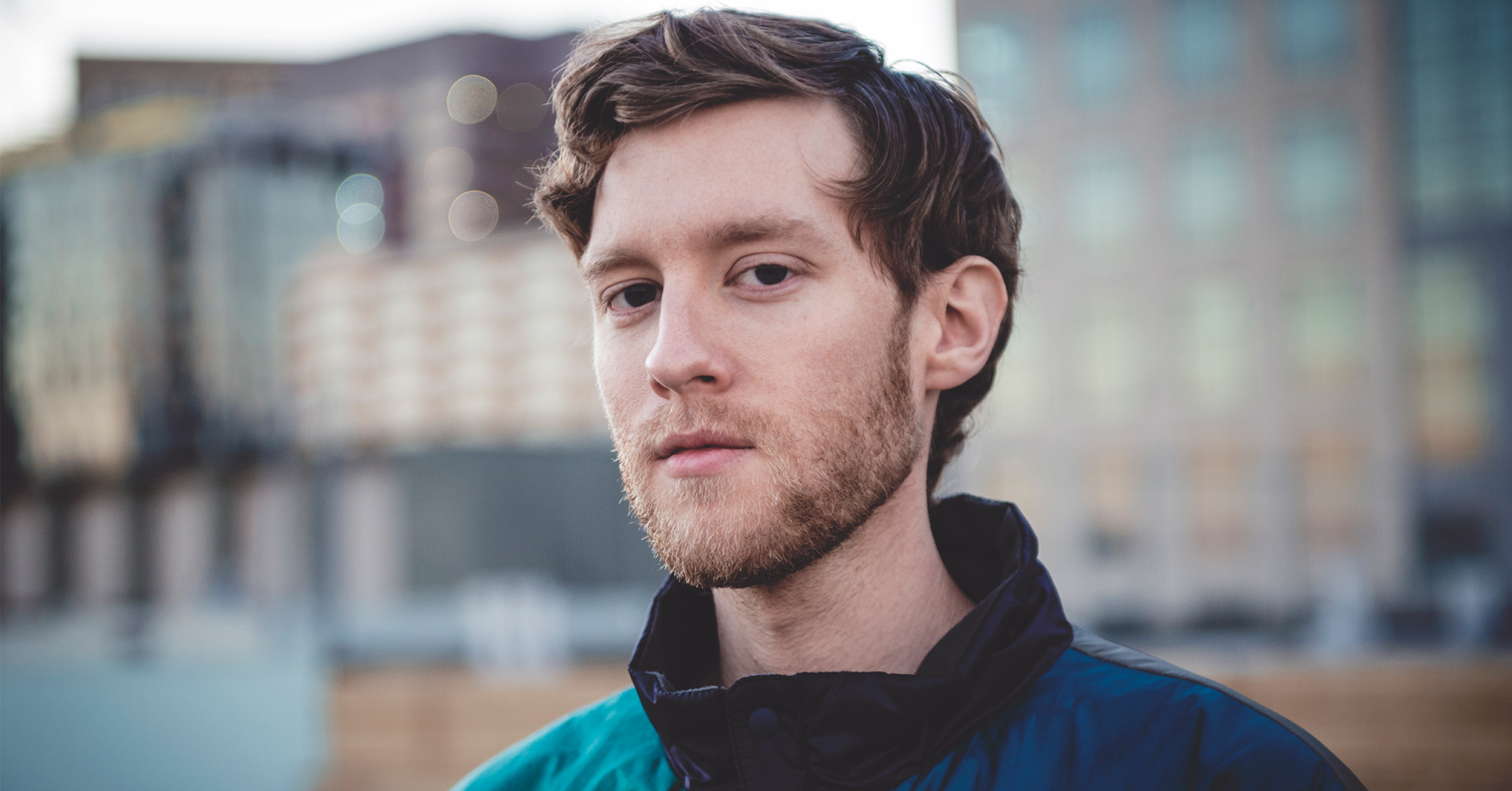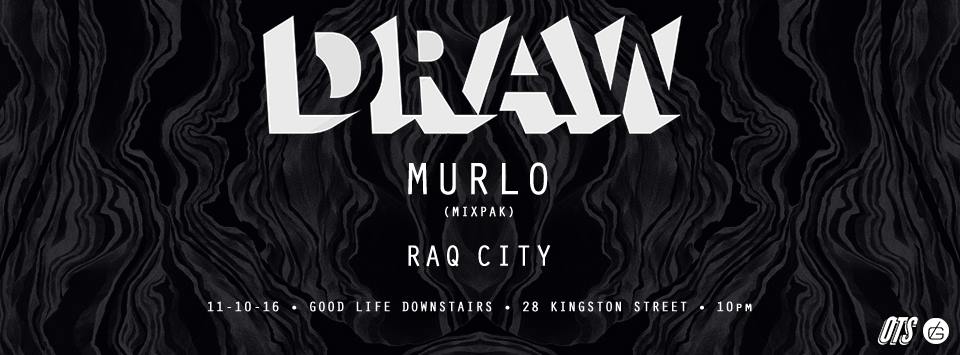Marc Glasser, aka Dubbel Dutch to many that do not know him personally, has been a stalwart of the underground music scene since his first proper releases as a producer in 2009. Since his initial prominence, he’s worked with dancehall legends, from remixing Vybz Kartel and leaving a memorable stamp on Popcaan’s debut record, performed around the planet, and released music with labels such as Mixpak and Unknown to the Unknown. Glasser’s respect and admiration for global music styles, including dancehall, cumbia, and South African house, combined with a knowledge of classic UK funky, jungle, and hardcore tropes, help begin to explain his appeal to listeners around the world.
Shake! gave us at DRAW the chance to interview Glasser for takes on his influences, the dynamic nature of the electronic and club music scenes, and his life as a traveler. The timing for Shake’s show with Dubbel Dutch on November 4th, with Doctor Jeep and Fens warming up, couldn’t be better, because we’re bringing his Mixpak cohort, Murlo, to Good Life next week on November 10th.
Interview by DRAW Boston (somekid & Insha)
DRAW: First off, thanks for taking the time to answer a few questions from us. To start off, outside of the musical tastes you grew up on and became associated with at the beginning of your career, what are other specific sources of influence for you — be it environments or a type of media? Are there specific creators who have been a source of inspiration for you recently?
DUBBEL DUTCH: I like watching these “10 hours of waterfalls” 4K nature compilations on YouTube while I work. They remind me of those giant 70s era “moving” waterfall pictures you see hanging up in Chinese restaurants in NYC. Psychedelic drugs and meditation are a big source of inspiration for me outside of media, they let me access ideas that are less ego driven or all about me and give me a sense that anything is possible. Recently I’ve also been into the deserts around Los Angeles. I’m inspired by them because despite the extreme conditions, everything adapts and finds a way, and there’s an unrelenting struggle of hope and survival that’s at the center of everything I do.
DRAW: You have mentioned in previous interviews that the Heatwave was a primary influence for your foray into Dancehall and other Caribbean rhythms. When producing such music, how do you borrow influences from cultures that may be distant from your own, but while stopping short of appropriation?
DUBBEL DUTCH: The way I borrow influences from distant cultures is through narrowing the gap of distance. To me, there’s a difference between incorporating cultural elements you don’t understand from thoughtfully and respectfully drawing inspiration through immersion, interaction, and self-education on a culture or style. But there really isn’t ever a way to “stop short of appropriation.” There isn’t some magic line that you cross and then, “whoops, you’ve ‘appropriated.’ ” Appropriation is a social construct, and its entirely up to an individual to draw that line around themselves. What one person might be totally cool with, another might be deeply offended by. This isn’t a sentiment artists can control or tell people they’re “wrong” about. It’s non-negotiable because it’s personal. If you borrow from other cultures, you’re going to exist in a space where people have the option to ridicule and criticize it. It just comes with the territory. The best attitude to have is one that compassionately and respectfully allows these criticisms to exist. I can only decide that it’s personally OK for me to do something; I can’t force anyone to agree with it. I think a lot of people get hung up on that.
DRAW: People sometimes mix up the terms “producer” and “DJ,” with many using the term interchangeably. As an artist who’s known and accomplished within both realms, how would you characterize the duties a ‘non-producing’ DJ may have to the crowd, versus a headlining producer in the context of a performance? Is there a difference at all?
DUBBEL DUTCH: Entirely depends on the artist. To me, a producer typically plays their own music and remixes and edits of others’ music. A non-producer DJ, in the strictest sense, relies on other people’s music to create a unique story that becomes their own. That’s not to say that a producer or any performing act should just do whatever they like. A good DJ should feed off of the crowd and let them influence their direction and producer/DJs typically should be able to do this as well. The one exception is that some performers rely on spectacle and performances that are more of a show (EDM world — I’m looking at you) so there’s no “one size fits all.” Every artist is different, but I prefer people to feel like they are a part of the show versus watching a show.
DRAW: How do you feel about the current state of electronic music in the United States? Considering the recent closure of Fabric, which seems to be a more politically- rather than market-driven move, do you wonder how those influences could affect how the underground scene can sustain itself beyond the digital world into the physical?
DUBBEL DUTCH: Underground dance music has changed a lot since I entered the scene. Politics seem to play a big role in a lot of the more interesting music, and people are looking for music with a message or concept. More and more, listeners are often interested in the people behind the music, rather than the music itself. Obviously the internet has given birth to subcultures and allowed for a lot of blending between scenes. This is cool, but it’s important to realize that this change has also diluted scenes, along with the idea of the underground or counter-culture itself. It feels like we’re entering an era of musical singularity where boundaries aren’t clear and electronic music doesn’t exist in a closed loop in opposition to culture-at-large any longer. It can be hard to rally people around a common lifestyle, sound, etc, when every individual is essentially architecting their own cultural identity versus finding it somewhere locally. Music events as an opportunity to express ones individuality aren’t as important when we have so many digital ways to tell people who we are and receive instant validation.
DRAW: While the life of a touring artist can be hectic, what is the one thing you try to take in while in a new city when time allows?
DUBBEL DUTCH: You can learn a lot just by walking around. If there’s no time to do anything specific I’d recommend walking around and then eating somewhere cheap and local.
DRAW: We here in Massachusetts will be voting on legalizing Marijuana in the next coming week. Any comment or endorsement on the issue?
DUBBEL DUTCH: I’m not sure about the local laws here. I think legalization would benefit any place that does not currently have easy medical access like California. Marijuana related incarcerations and property seizures need to go away. But any law must be scrutinized to be sure it puts both the people and small business owners’ interests before those of the government and corporations looking to profit. Since once the rules are put in place they can be hard to change.
See Dubbel Dutch along with Doctor Jeep and resident Fens at Good Life on Friday, November 4th. More info here!
DRAW is a night founded by somekid and Insha. They’re on the interwebs at www.drawboston.com.



